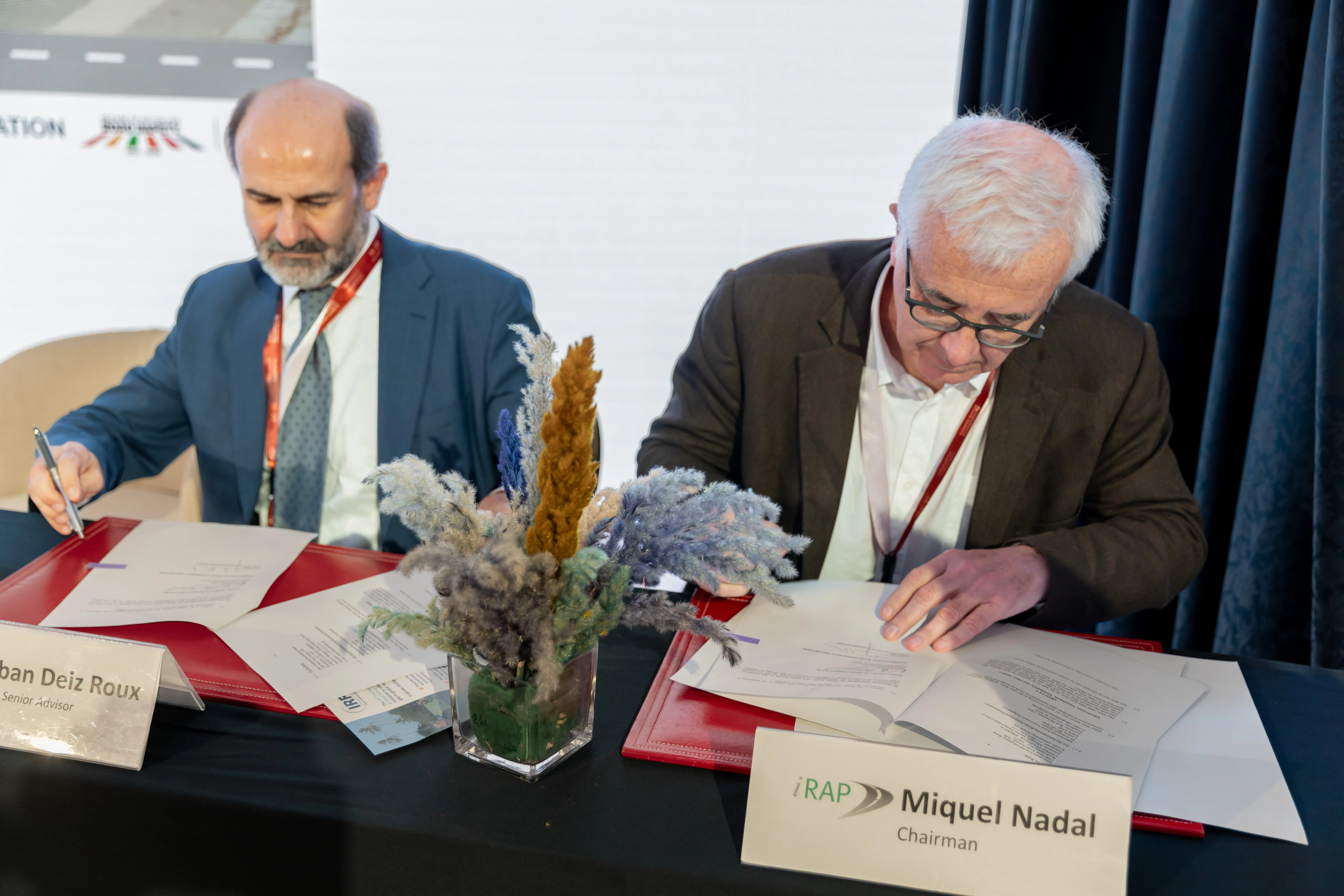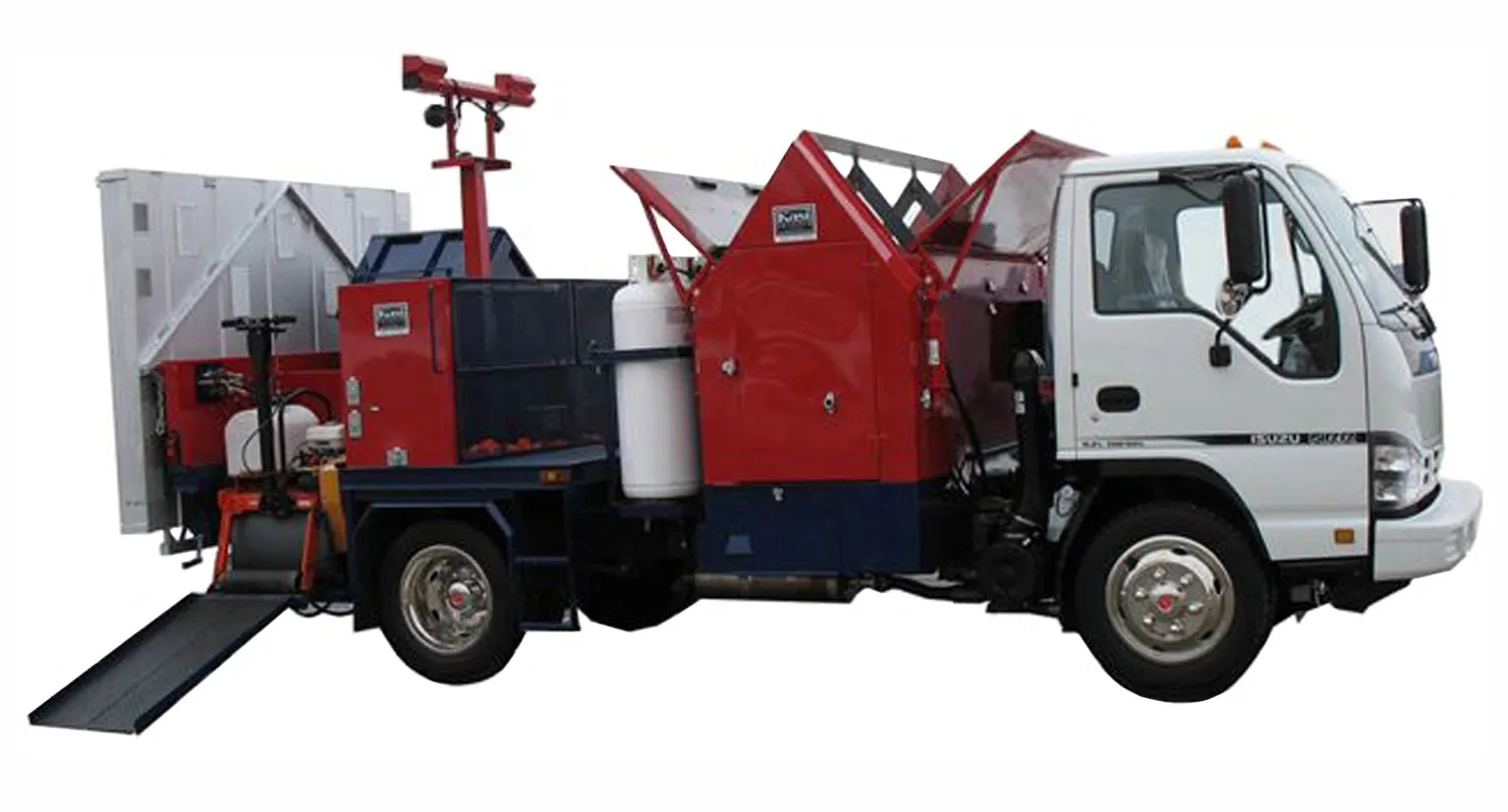A number of leading automakers are working on a joint project to develop sophisticated fuel cell vehicles in the US. Hyundai, Mercedes, Nissan and Toyota are collaborating on the project, which includes developing new fuel cell storage systems. However the scope of the project extends beyond developing the propulsion technology and will also cover refuelling stations.
May 22, 2013
Read time: 1 min
A number of leading automakers are working on a joint project to develop sophisticated fuel cell vehicles in the US. 236 Hyundai, 2796 Mercedes, 2454 Nissan and 2728 Toyota are collaborating on the project, which includes developing new fuel cell storage systems. However the scope of the project extends beyond developing the propulsion technology and will also cover refuelling stations.







